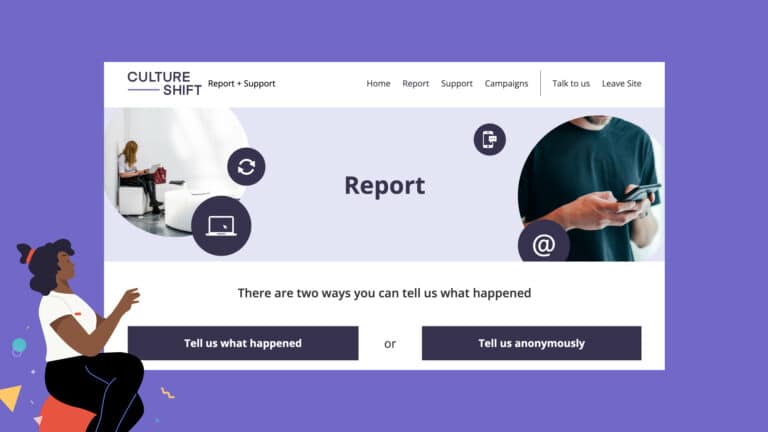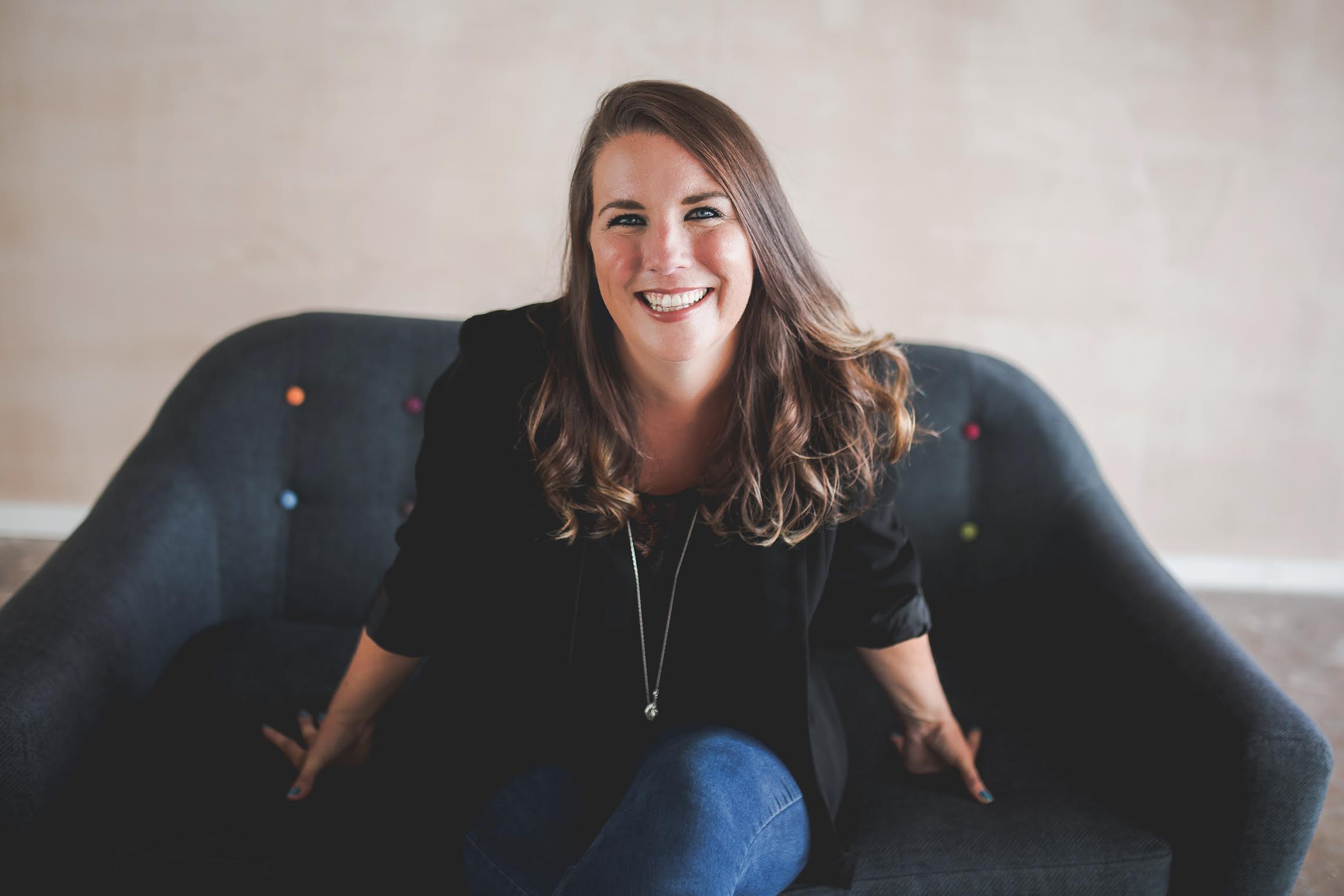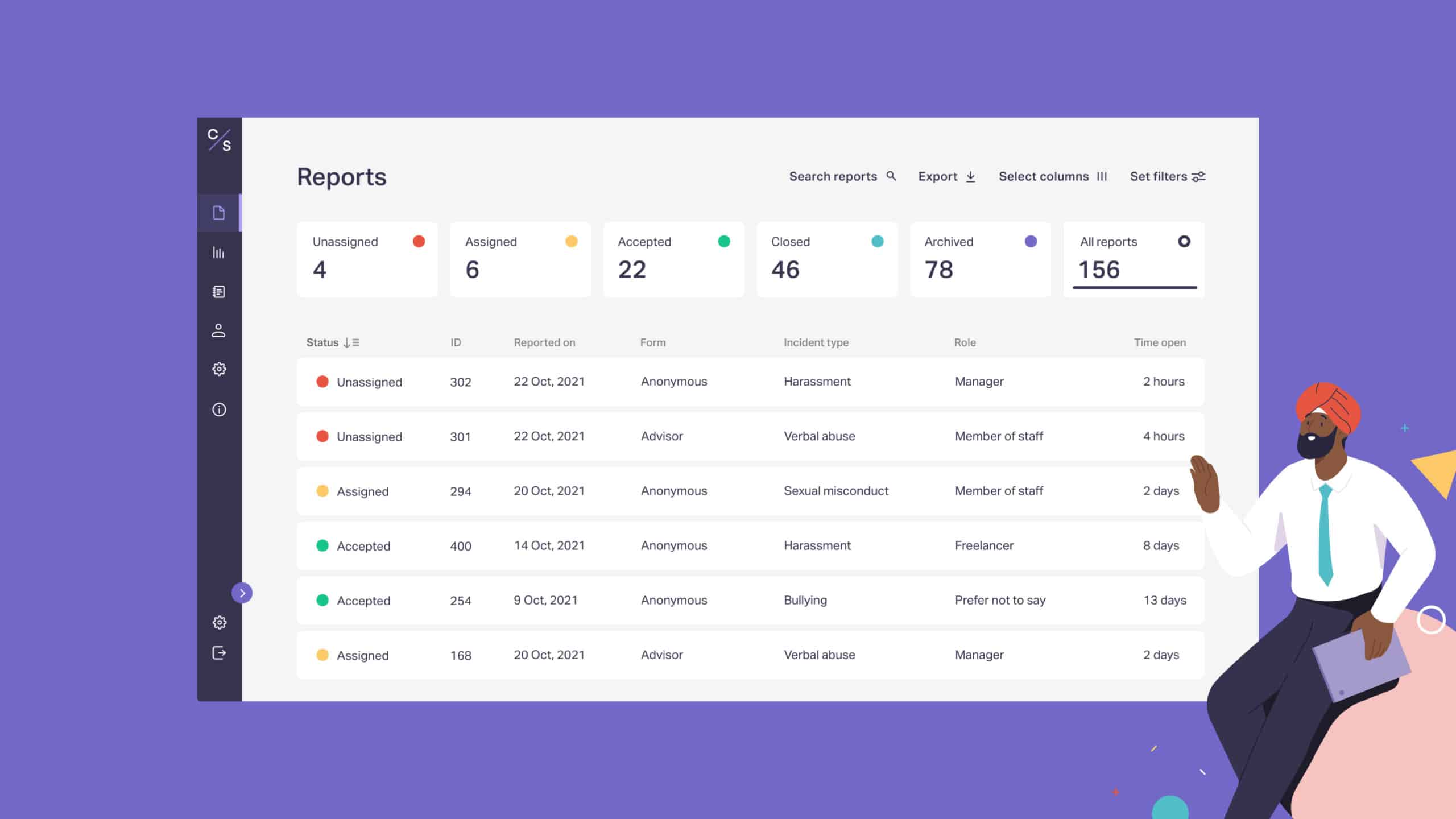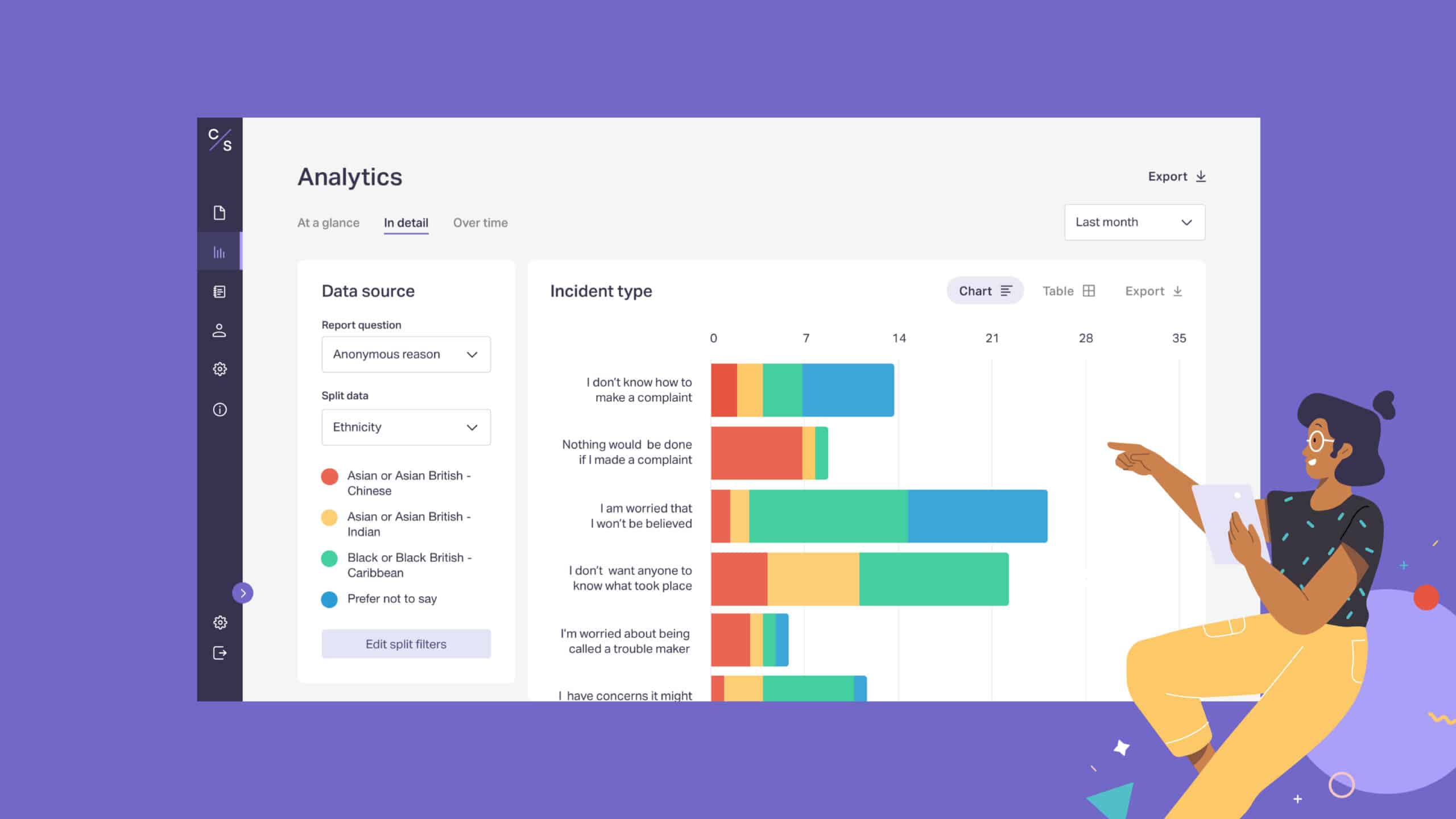The CEO and co-founder behind tech-for-good developer Culture Shift explains how the platform is seeking to make “real change” by changing the way incidents of bullying, harassment, violence and discrimination are dealt with.
From the sexual abuse stories arising from the Me Too movement to the racism highlighted by the Black Lives Matter movement, CEO Gemma McCall explains there has been a “global reckoning” with victims coming forward.
“People aren’t going to suffer in silence anymore.
“If we can help organisations tackle those issues before it gets to a whistleblowing stage or where people decide to leave or sue that organisation for their experience, then that’s what we want to do,” she told Prolific North.
Culture Shift, co-founded by Gemma McCall and Carl Sadd, aims to empower organisations to forge a positive change in workplace culture with its incident reporting platform.
Driven by her own experience of maternity discrimination with her first child, she is keen to elevate a positive culture shift across organisations and universities.
Her passion for convincing organisations to make changes to HR practices is also fuelled by an urge to shape a safer future for her nine-year-old daughter, who dreams of heading to university.
“My daughter really wants to go to university and I would love her to. I need to change the culture at university before she can go. I have 10 years,” she explained.
The platform currently works with over 70 UK universities, colleges and NHS Trusts.
It seeks to provide organisations with the tools and training to offer a preventative approach to incidents of bullying and harassment and act as an accessible platform for victims to report incidents.
On the issue of campus culture at university, student news site The Tab asked 4,000 students about their experiences of sexual assault at university for its 2021 Sexual Assault Survey.
According to the survey, nearly 60% of female students reported they have been sexually assaulted during their time at university with only 7% of students reporting the incidents.
“It is the reporting bit where Culture Shift’s story starts because at the time it was pretty difficult to report something to your university,” she explained.
The platform initially evolved from a conversation in 2016, when the University of Manchester approached Gemma and Carl when they worked together at Carl’s Stockport-based agency, Trust.
The university described a problem of how UK universities were facing pressure to tackle the issue of female students experiencing sexual harassment or sexual violence.
After launching the new incident reporting solution for the University of Manchester, overnight the pair were approached by some of the biggest UK universities from UCL to the University of Bristol.
Delving into the depths of the issues faced by universities and businesses with reporting incidents, the pair realised it was an opportunity to develop a solution to tackle the problem.
They felt it sparked “a moment and opportunity” to “leave this world in a better place than we found it” by improving the system of reporting incidents confidentially.
“I would love to achieve that dream where people feel safe to speak up and can stay in a job or stay studying at a university that they love,” she said.















